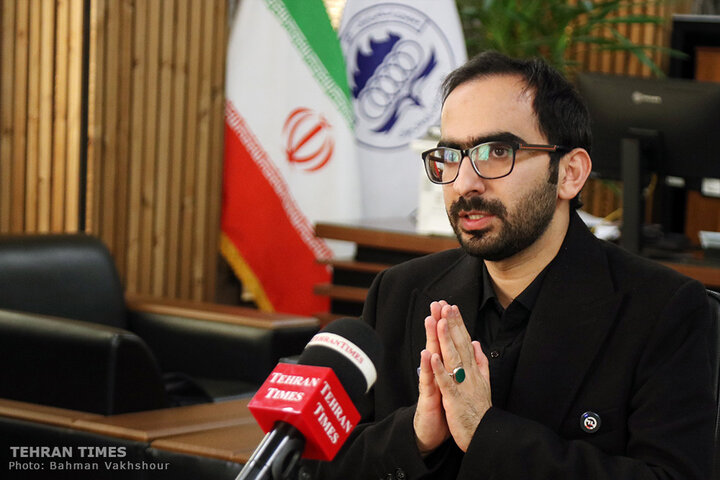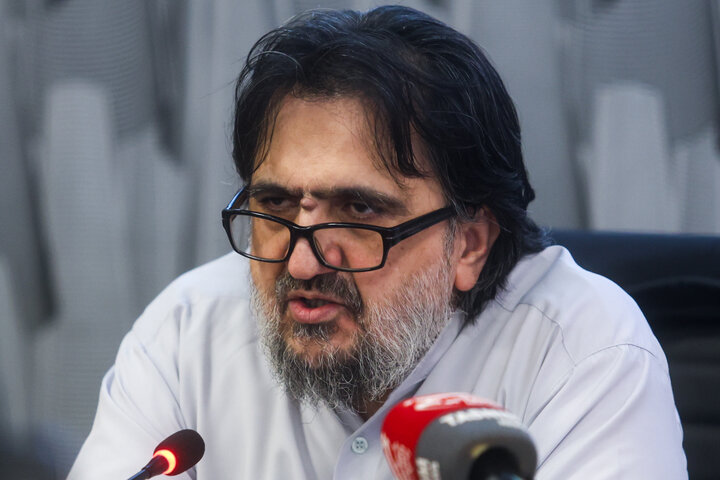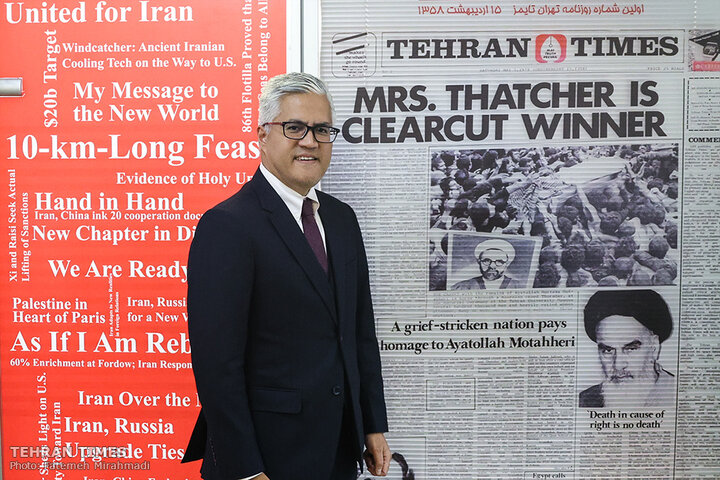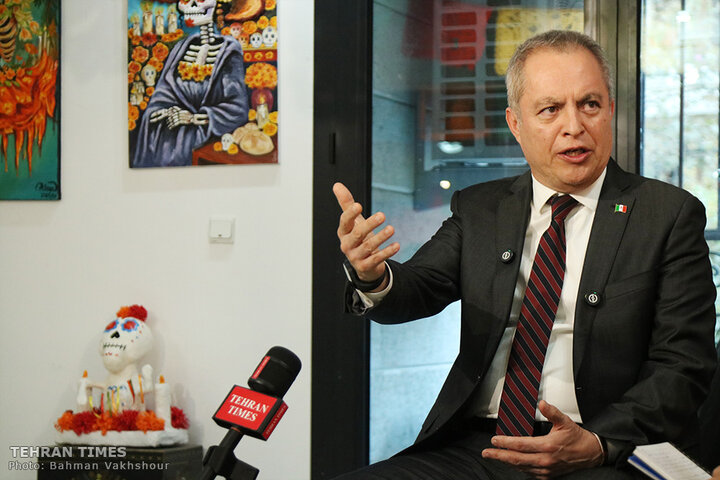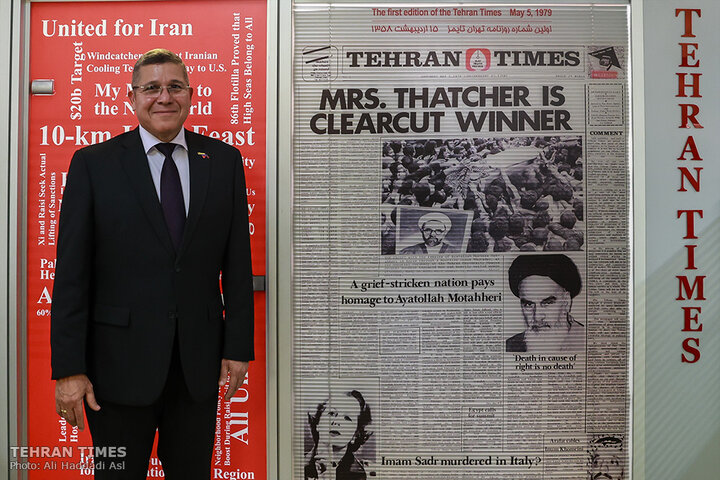-
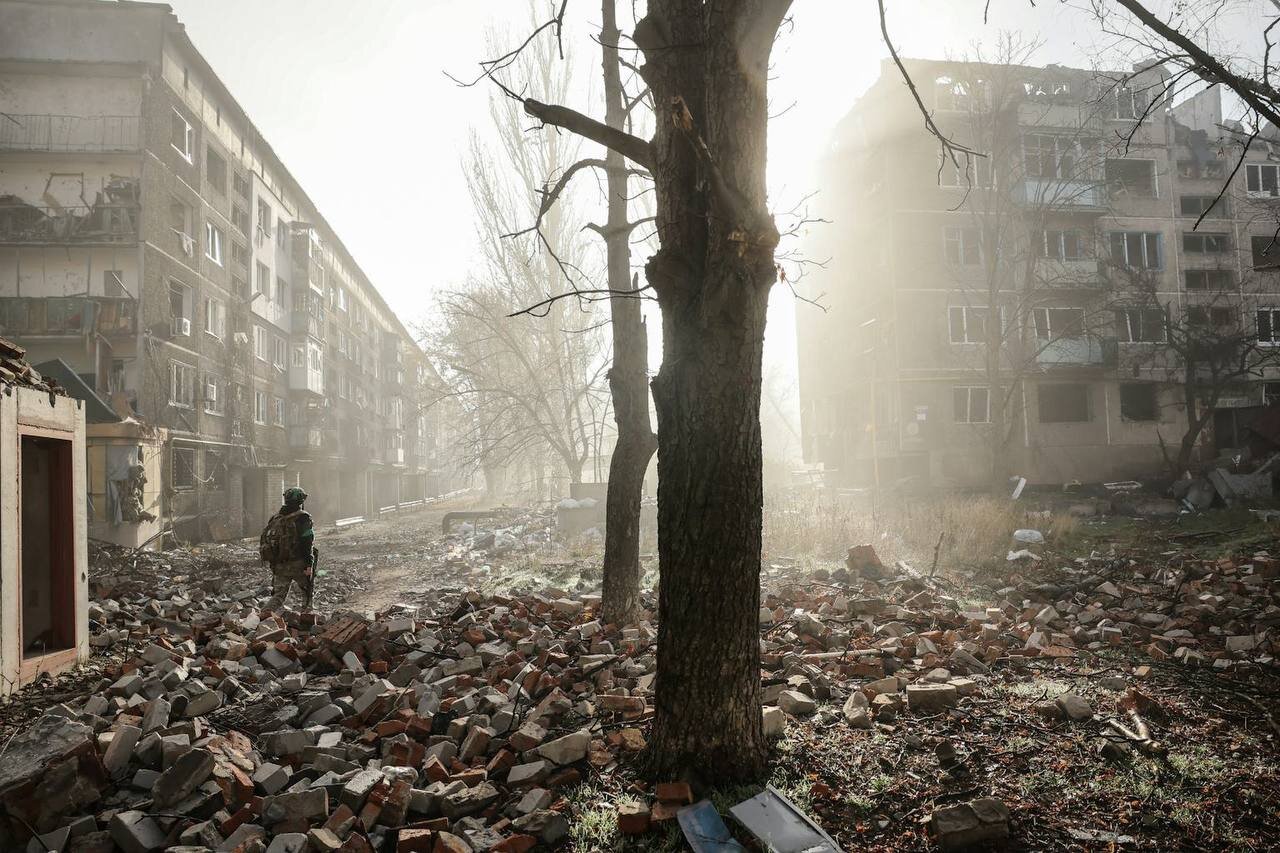 2025-11-22 20:14
2025-11-22 20:14
By Shahrokh Saei
How the West has thrown Ukraine under the bus
Trump’s 28-point plan pressures Zelenskyy to give up territory, shrink military, and abandon NATO hopes—or risk losing U.S. support
TEHRAN – Nearly 1,370 days into the Russia–Ukraine war, President Donald Trump’s 28-point peace plan has laid bare the contradictions of Western policy. For years, the United States and Europe encouraged Ukraine to confront Russia, promising NATO membership and protection. Now, as the war drags on, those same powers step back, leaving Ukraine to face the consequences of a fire lit by the West itself.
-

By Wesam Bahrani
Israel threatens Syrian lifeline
TEHRAN – Recent developments in southern Syria highlight a sharp escalation in military actions by the Israeli regime, accompanied by a systematic expansion of its illegal presence across the provinces of Quneitra, Daraa, and adjoining highland areas.
-

By Sondoss Al Asaad
Lebanon’s independence discourse: Between symbolism and strategic realities
BEIRUT — Lebanon’s 82nd Independence Day speech was made amid a national climate marked by uncertainty, sacrifice, and a persistent longing for a tangible, “third” independence, one defined by security, territorial integrity, and genuine sovereignty.
-
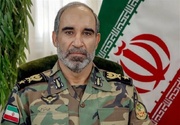
Brig. Gen. Jahanshahi takes helm of Iran Army Ground Forces
TEHRAN – Brigadier General Ali Jahanshahi has been appointed as the new commander of the Iranian Army Ground Forces, succeeding Brigadier General Kioumars Heydari.
-
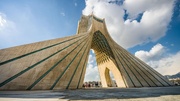
By Ranjan Solomon
Iran as civilization - history and identity, and the making of a political vision
GOA –To assert that "Iran is a civilizational entity" highlights its long history and cultural depth, dating back to ancient civilizations like the Elamites and Achaemenids, which goes beyond the modern nation-state of Iran.
-

New opportunities emerging for investors: Pezeshkian
TEHRAN – Iranian president pointed to the country’s active presence in BRICS, SCO, and EAEU, and emphasized that these diplomatic interactions strengthen economic relations with neighbors and create a large market and new opportunities for merchants and investors.
Politics
-
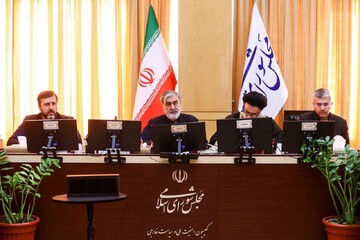
MPs ponder response to IAEA’s anti-Iran resolution
TEHRAN – The National Security and Foreign Policy Committee of the Iranian Parliament categorically condemned the recently adopted anti-Iran resolution by the Board of Governors of the International Atomic Energy Agency (IAEA), after beginning the process to devise an appropriate response.
-
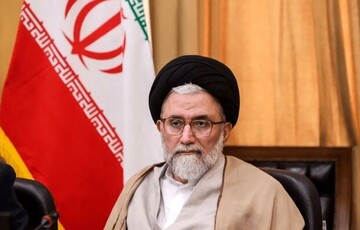
Israel undergoing an 'epidemic of infiltration', says Iran intelligence minister
TEHRAN — Iran’s Intelligence Minister says Israel is undergoing an “epidemic of infiltration,” as multiple Israeli media outlets report unprecedented levels of espionage cases linked to Iranian intelligence, including penetration of one of Israel’s largest air force bases.
-

Araghchi says no need for mediators after Lebanese FM makes public call for negotiations
TEHRAN – Iranian Foreign Minister Abbas Araghchi stated that Tehran is ready for dialogue aimed at boosting bilateral relations with Lebanon, while stressing that Iran does not interfere in the country’s internal affairs, and that it does not require a third party to arrange discussions with Beirut.
Sports
-

Iran lose to Brazil at 2025 FIFA Futsal Women’s World Cup
TEHRAN – Iran lost to powerhouse Brazil 4-1 in their opening match of the 2025 FIFA Futsal Women’s World Cup on Sunday at the Philsports Arena in Pasig City, the Philippines.
-

Bam Khatoon out of 2025/26 AFC Women’s Champions League knockout stage
TEHRAN - Wuhan Jiangda Women’s FC booked their place in the AFC Women’s Champions League 2025/26 knockout stage after defeating Bam Khatoon 4-0 in their Group B tie on Sunday.
-

Iran fail to reach Women’s Kabaddi World Cup 2025 final
TEHRAN - India marched into the final of the Women’s Kabaddi World Cup 2025 with a 33-21 win over Iran in the semifinals in Dhaka on Saturday.
Culture
-
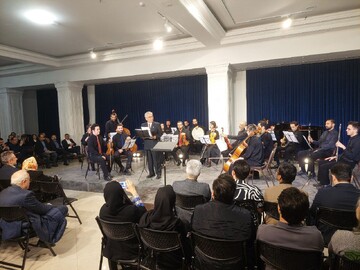
Avaye Mahan Orchestra performs Malaysian composer P. Ramlee’s songs in Tehran
TEHRAN – The Embassy of Malaysia in Tehran organized the program “Irama Malaysia,” an orchestral rendition of selected P. Ramlee’s songs, on November 20 and 21, at the Nemaud Performing Art Center.
-
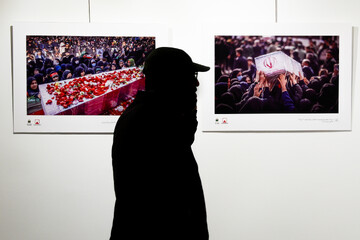
"On the Shoulders of Tears” photo exhibition celebrates Iranian martyrs
TEHRAN- The "On the Shoulders of Tears" photo exhibition, a visual narrative depicting Iran’s national ceremonies honoring and mourning its martyrs, including their funerals, is currently being held at the Palestine Museum of Contemporary Art in Tehran.
-
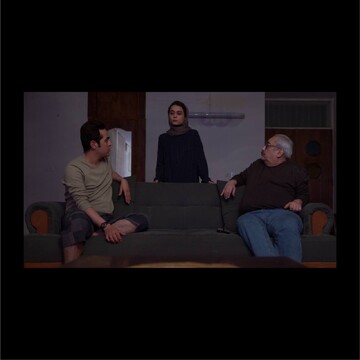
Iranian movie “Ropewalker Memories” wins at Rojava International Film Festival
TEHRAN – The Iranian film “Ropewalker Memories” directed by Hamed Rajabi won an award at the 5th Rojava International Film Festival, which was held from November 13 to 20 in Qamishlo, Syria.
Economy
-
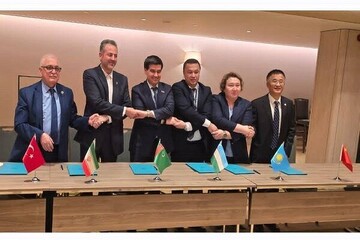
Iran inks 6-nation pact in Istanbul, bolstering its role as key transit gateway
TEHRAN – Iran, China, Kazakhstan, Uzbekistan, Turkmenistan and Turkey signed a multilateral agreement in Istanbul aimed at expanding rail freight movement along the southern branch of the Eurasian transit corridor, reinforcing Iran’s position as a core gateway for container traffic between China and Europe.
-

Ashgabat to host 16th ‘Iran Project’ exhibition in late January 2026
TEHRAN – The 16th edition of the specialized Iran Project exhibition, focused on engineering and technical services, will be held in Ashgabat from January 28 to 30, 2026, after receiving official authorization from the Trade Promotion Organization of Iran (TPO).
-
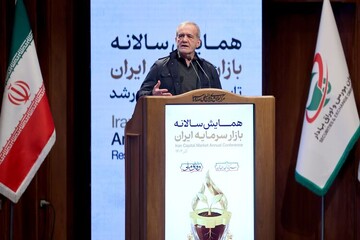
New opportunities emerging for investors: Pezeshkian
TEHRAN – Iranian president pointed to the country’s active presence in BRICS, SCO, and EAEU, and emphasized that these diplomatic interactions strengthen economic relations with neighbors and create a large market and new opportunities for merchants and investors.
Society
-

DOE calls for implementing regional action plan to save Caspian Sea
TEHRAN – Sediqeh Torabi, an official with the Department of Environment (DOE), has called for implementing a regional action plan drafted by five littoral states for the conservation of the Caspian Sea.
-
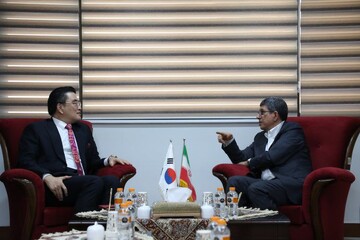
Tehran, Soul to beef up sci-tech co-op
TEHRAN – Farhad Yazdandoost, an official with the Ministry of Science, Research and Technology, and Kim Junpyo, South Korea’s ambassador to Iran, have discussed ways to promote scientific and technological collaboration between the two countries.
-
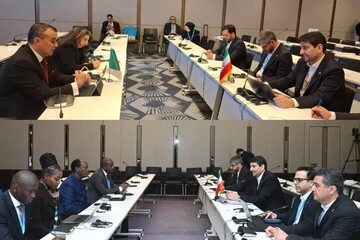
Iran explores potentials to boost tech ties with Algeria, Kenya
TEHRAN – The Information and Communication Technology (ICT) Minister, Sattar Hashemi, has held separate meetings with his Algerian and Kenyan counterparts, discussing ways to develop markets and enhance synergy to promote collaboration on smart government, space industry, digital economy, and cybersecurity.
Tourism
-

South Korean ambassador says southeast Iran visit enriched his heritage insight
TEHRAN - The South Korean ambassador to Iran has said his recent personal visit to southeastern Iran, including a tour of the regional museum in Zahedan, gave him a deeper insight into the area’s cultural legacy and its connections to ancient Iranian traditions.
-
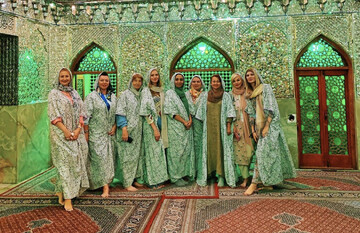
3.5 million religious tourists visited Iran last year
TEHRAN – Tourism Minister Reza Salehi-Amiri has said that 3.5 million religious tourists from Iraq, the Persian Gulf region, Central Asia, and the Caucasus traveled to Iran during the past Persian year (1403), which ended on March 20, 2025.
-
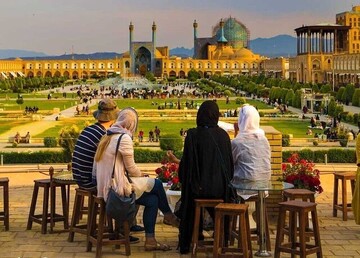
Isfahan firms to promote Iran’s heritage at Madrid’s Fitur fair
TEHRAN--Five travel agencies from Isfahan province have been selected to participate in the Iranian pavilion at the Madrid International Fitur 2026 exhibition to introduce the city's cultural and historical capacities to the global tourists, said Amir Karamzadeh, tourism chief of the province.
International
-

How the West has thrown Ukraine under the bus
TEHRAN – Nearly 1,370 days into the Russia–Ukraine war, President Donald Trump’s 28-point peace plan has laid bare the contradictions of Western policy. For years, the United States and Europe encouraged Ukraine to confront Russia, promising NATO membership and protection. Now, as the war drags on, those same powers step back, leaving Ukraine to face the consequences of a fire lit by the West itself.
-

Israel threatens Syrian lifeline
TEHRAN – Recent developments in southern Syria highlight a sharp escalation in military actions by the Israeli regime, accompanied by a systematic expansion of its illegal presence across the provinces of Quneitra, Daraa, and adjoining highland areas.
-

Lebanon’s independence discourse: Between symbolism and strategic realities
BEIRUT — Lebanon’s 82nd Independence Day speech was made amid a national climate marked by uncertainty, sacrifice, and a persistent longing for a tangible, “third” independence, one defined by security, territorial integrity, and genuine sovereignty.
Video Comment
-

Academics analyze social dimensions of Resistance in Tehran conference
-
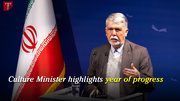
Culture minister highlights year of progress in arts, global image enhancement
-

Gazan Journalists attacked by Israel
-
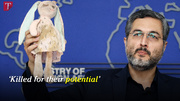
Brother of Iranian scientist murdered in Israeli strike speaks out
-

Footage shows Israel hit a kindergarten in Tehran
Most Viewed
-
How the West has thrown Ukraine under the bus
-
Brig. Gen. Jahanshahi takes helm of Iran Army Ground Forces
-
Israel undergoing an 'epidemic of infiltration', says Iran intelligence minister
-
Iran inks 6-nation pact in Istanbul, bolstering its role as key transit gateway
-
Araghchi says no need for mediators after Lebanese FM makes public call for negotiations
-
Iraq’s elections: A strategic defeat for the United States
-
Israel threatens Syrian lifeline
-
MPs ponder response to IAEA’s anti-Iran resolution
-
Iran as civilization - history and identity, and the making of a political vision
-
Iran to play India at 2025 Women’s Kabaddi World Cup semis
-
‘Iran can be a good partner to develop transit in Afghanistan’
-
Iran explores potentials to boost tech ties with Algeria, Kenya
-
Ashgabat to host 16th ‘Iran Project’ exhibition in late January 2026
-
New opportunities emerging for investors: Pezeshkian
-
Avaye Mahan Orchestra performs Malaysian composer P. Ramlee’s songs in Tehran
